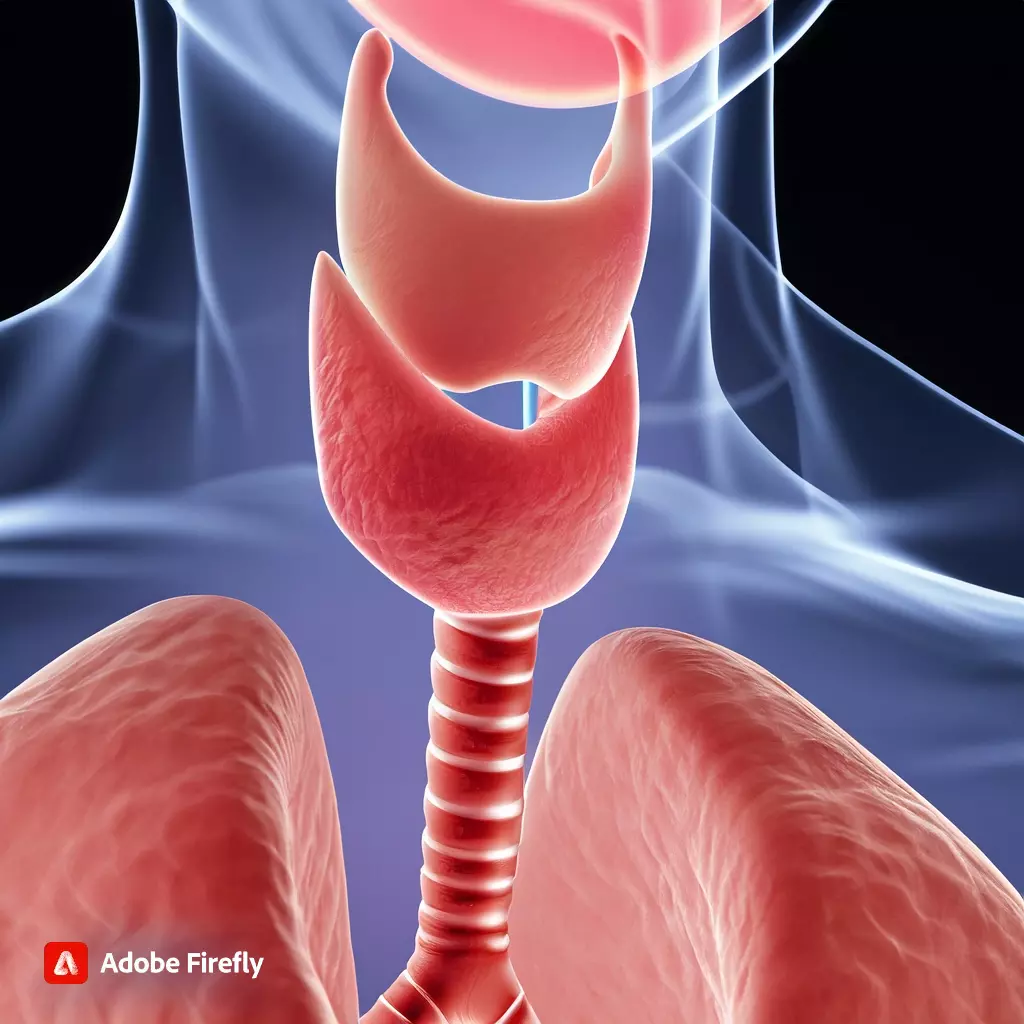Exposure to dioxins, toxic compounds found in various environmental sources, has raised concerns due to its potential adverse effects on human health. Among the many health concerns associated with dioxin exposure, one alarming aspect is its impact on thyroid function. This article explores the relationship between exposure to dioxins and the potential worsening of thyroid function.
Understanding Dioxins:
Dioxins are a group of highly toxic chemicals that are released into the environment through industrial processes, waste incineration, and even natural events like forest fires. They are persistent organic pollutants that can accumulate in the food chain, particularly in fatty tissues of animals. This accumulation means that humans can be exposed to dioxins through the consumption of contaminated food, primarily meat, dairy products, and fish.
Dioxins and Thyroid Function:
Dioxins are known to disrupt the endocrine system, which includes the thyroid gland—a small, butterfly-shaped organ located in the neck. The thyroid gland plays a crucial role in regulating various bodily functions, including metabolism, energy production, and overall growth and development. It does so by producing hormones, primarily thyroxine (T4) and triiodothyronine (T3).
Dioxin exposure can interfere with the normal functioning of the thyroid gland in several ways:
1. Hormone Disruption: Dioxins can disrupt the production, release, and regulation of thyroid hormones. This disruption can lead to imbalances in the levels of T3 and T4, which can have widespread effects on the body.
2. Altered Metabolism: Thyroid hormones play a central role in regulating metabolism. When dioxin exposure affects thyroid hormone levels, it can lead to metabolic imbalances, potentially resulting in weight changes and fatigue.
3. Immune System Interference: Dioxins can suppress the immune system, making the thyroid gland more vulnerable to autoimmune disorders, such as Hashimoto’s thyroiditis or Graves’ disease, which can further worsen thyroid function.
4. Developmental Impact: Dioxin exposure during critical developmental stages, such as pregnancy and early childhood, can impair the normal development of the thyroid gland in the fetus or child, potentially leading to long-term thyroid dysfunction.
Preventing Dioxin Exposure:
Given the potential detrimental effects of dioxin exposure on thyroid function, it is essential to take measures to reduce exposure to these toxic compounds. Some preventive steps include:
1. Dietary Choices: Be mindful of food choices, opting for foods with lower dioxin contamination. This may involve choosing lean meats, poultry, and fish and minimizing the consumption of high-fat animal products.
2. Environmental Awareness: Be aware of potential environmental sources of dioxins, such as contaminated soil or water, and take precautions to limit exposure in your surroundings.
3. Regulatory Efforts: Support and advocate for policies and regulations that aim to reduce dioxin emissions and contamination in the environment.
4. Regular Check-Ups: If you suspect or have a history of dioxin exposure, consider regular thyroid function testing to monitor your thyroid health.
Exposure to dioxins, toxic compounds present in the environment and food chain, can indeed have adverse effects on thyroid function. Given the thyroid’s vital role in regulating various bodily functions, including metabolism and immune response, understanding and minimizing dioxin exposure is crucial for maintaining overall health. By taking proactive steps to reduce exposure and raising awareness about the potential risks, individuals can help protect their thyroid function and overall well-being.
Also Read: How Safe Are Salt Alternatives For Individuals With Kidney Disease?
https://thelogicalindian.com/h-upload/2023/09/14/500x300_233451-firefly-images-related-to-thyroid-34790.webp
Trending
2023-09-14 10:00:02.0
The Impact Of Dioxin Exposure On Thyroid Function












